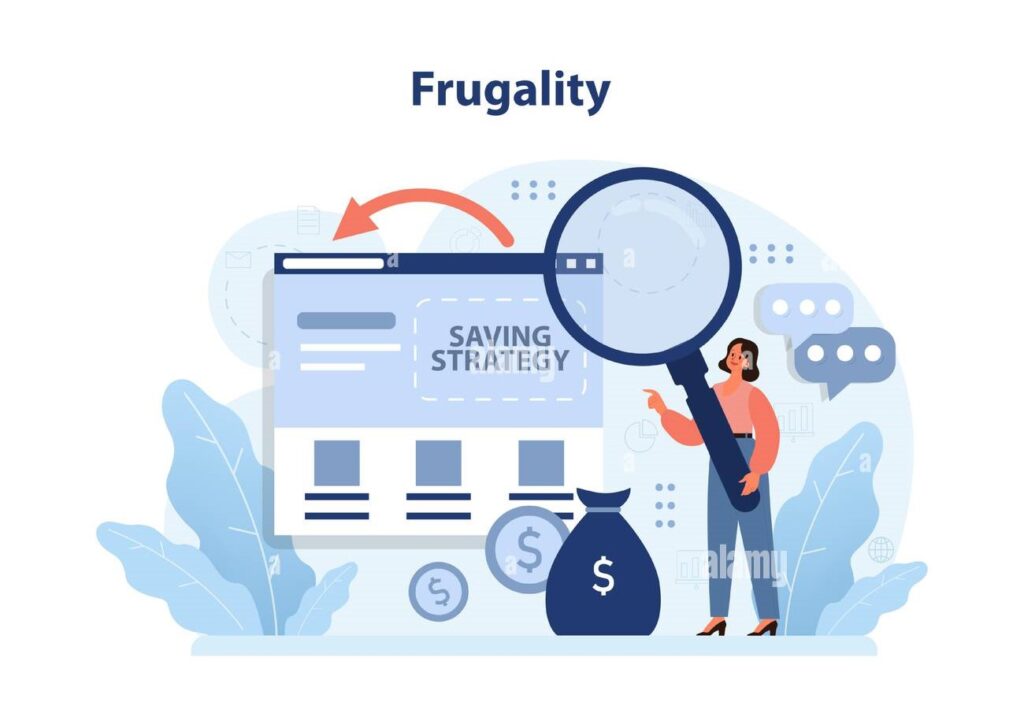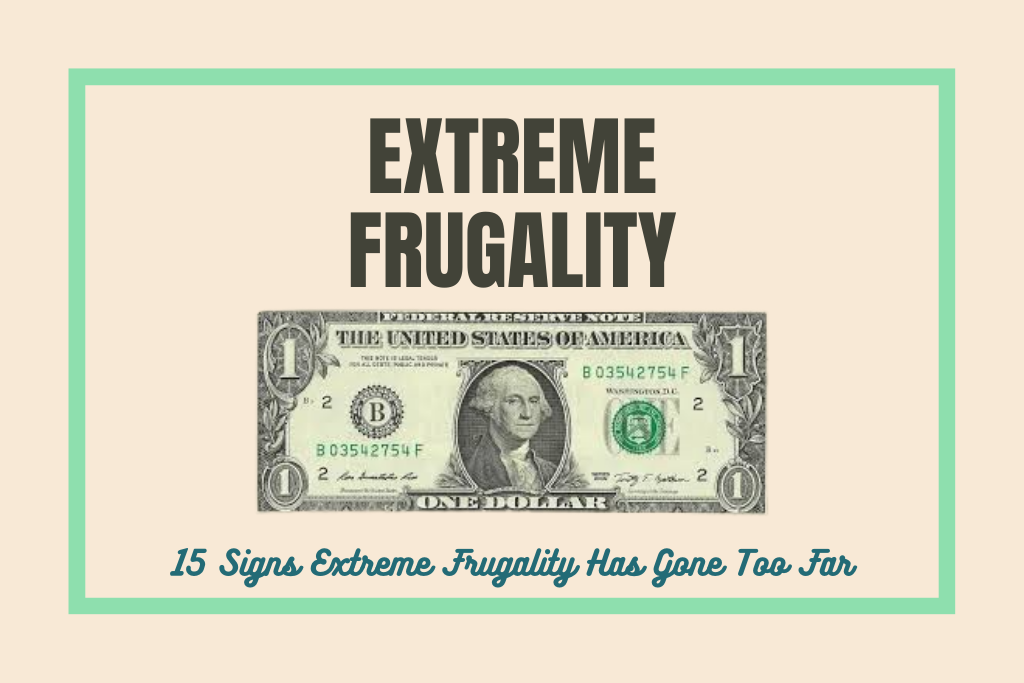15 Signs Extreme Frugality Has Gone Too Far is a powerful tool for gaining control over your finances, eliminating debt, and achieving financial independence. But like anything, too much of a good thing can backfire. There’s a line where frugality crosses into extreme frugality—and instead of empowering you, it begins to limit your joy, health, and relationships.
If you’ve ever wondered whether your money-saving habits have gone too far, this guide will help you take an honest look at your behavior. Here are 15 signs that your extreme frugality might be costing you more than it’s saving.
1. You dedicate countless numbers of hours weekly to frugality
Being mindful of your money is fantastic, but if you spend hundreds of hours coupon-clipping, price-checking, crossing town saving $1, or making everything scratch-based, then the question to yourself is: Is this making the best use of my life? Being frugal is meant to add to your life, not consume it.
2. Cutting back on something that you require
Skipping necessities like new shoes, medications, toiletries, or even nutritious food in order not to spend money is not a money victory—it’s self-neglect. When 20 ways Extreme Frugality Has Gone Too Far leads you to ignore your basic needs, it’s taken too far.
3. You stockpile stuff simply because you find a bargain on it
Purchasing in bulk or stocking items during sales may be cost-saving—but if you catch yourself hoarding items you no longer need or can’t make use of simply because “this was a really good bargain,” you are hoarding, not saving.

4. Don’t let go of something in case it becomes useful in the future
Clutching broken electronics, expired coupons, empty jars, and old clothes “in anticipation of the future” stems often from a mentality of scarcity. Being frugal and resourceful is different from fearing to give them away.
5. You detest it when you are frugal yet feel obliged to be
When your frugality ceases to bring you happiness and begins to feel like a chore or a punishment, it’s likely time to reassess. Full financial freedom comes complete with the capacity to enjoy your money without guilt.
6. You risk compromising your safety
If you are dodging car repairs, forgoing medications, doing electrical repairs yourself, or operating unsafe devices to save money—you risk your safety. When it comes to safety, there is never room for shortcuts.
Here the 20 extreme frugality ways to save money
7. You compare yourself to others in terms of how tightfisted you can be
Competing to “win” frugality by one-upping others or comparing your savings constantly is a red flag. Frugality must be personal, not performative. It’s about what is working for you and nothing else.
8. You never indulge in something lavish
Life is there to be savored, rather than endured. If you never permit yourself to enjoy the little things—a good meal, a hobby, the occasional weekend—you may be missing the happiness that your money can afford you.

9. Others often say that you are stingy
If friends and family frequently remark that you are stingy, or if your frugality is causing social interactions to feel awkward, then it may be having a negative impact on your relationships. Saving money cannot come at the expense of connection.
10. You sacrifice your ethics and morals for the sake of saving money
Whether it is lying to get a bargain, scamming return policies, or exploiting others to save money—it’s not worth it. When frugality goes beyond ethical boundaries, it ceases to be admirable.
11. You expect others to give you more than you give them
If you find yourself constantly reaching out demanding favors, handouts, or assistance—but never reciprocating—it may be that your stinginess is becoming a burden for others. Relationships are means of give-and-take, not one-sided saving schemes.
20 frugal tips from someone who's saved thousands
12. Your house does not have very essentials
Do you forgo a microwave, curtains, trash can, or even a comfortable bed—only to save money? A frugal house doesn’t mean it can’t be comfortable or look acceptable. Basics are there for a reason.
13. It stresses you out to spend money
If every purchase, however essential, makes you anxious or guilty, your thoughts about money may be too constricted. Financial health encompasses emotional well-being as well.

14. Spending money is preferable to making money
15 Signs Extreme Frugality Has Gone Too Far is meant to supplement your income, not replace it. If you waste hours attempting to save every dollar but find yourself missing opportunities to earn more, then you may be constraining your financial growth.
15. You refuse to upgrade anything—whether or not you can afford it
If you are still using a 10-year-old computer that is barely functional, wearing holey shoes, or using broken equipment to cook dinner when you can afford new ones, it might be time to splurge on quality and comfort.
Frequently Asked Questions
What is considered extreme frugality?
Can being too frugal be harmful?
How do I know if my frugality has gone too far?
Is extreme frugality the same as being cheap?
Conclusion
15 Signs Extreme Frugality Has Gone Too Far
While being frugal is an intelligent approach to your financial management, you have to be aware of when saving tips over into deprivation. Real financial health is all about moderation—saving wherever you can make sense to do so, but also spending money on your health, your relationships, and your overall way of living. Whether any of these signs sound like you, you may need to revisit your money behaviors and discover a better, healthier way of living frugally.
